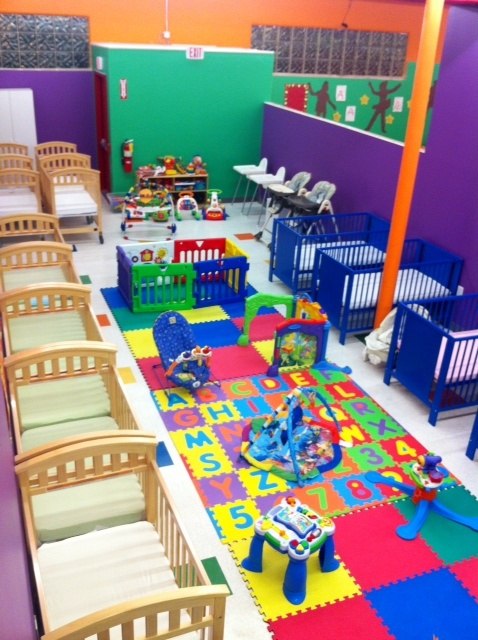When it comes to selecting childcare, parents are faced with a myriad of options, each with its own set of characteristics. Among these, home-based childcare, often known as family home based childcare, has consistently proven to be a highly appealing choice for many families. Operating out of a caregiver’s private residence, this model offers a distinct set of benefits that cater to a child’s developmental needs while providing convenience and peace of mind for parents.
Personalized Attention and Smaller Ratios
One of the most significant advantages of home-based childcare is the lower child-to-caregiver ratio compared to larger institutional settings. With fewer children under their care, providers can offer more individualized attention to each child. This means more one-on-one interactions, quicker responses to needs, and a deeper understanding of each child’s unique personality, learning style, and developmental stage. This personalized approach can be particularly beneficial for infants and toddlers who thrive on consistent, responsive care.
Nurturing, Homelike Environment
For many children, especially those transitioning from being primarily at home, the familiar and cozy atmosphere of a home-based daycare can be incredibly comforting. Unlike the more structured and sometimes overwhelming environment of a large center, a home setting often feels less institutional and more like an extension of their own family life. This sense of security and familiarity can help children adjust more easily, reduce separation anxiety, and foster a feeling of belonging.
Benefits of Mixed-Age Grouping
Home-based childcare often involves a mixed-age group of children, ranging from infants to preschoolers and sometimes even school-aged children. This dynamic offers unique social and developmental advantages:
- Social Skill Development: Older children can learn patience, empathy, and leadership skills by interacting with and helping younger ones. Younger children, in turn, benefit from observing and imitating their older peers, often accelerating their own learning in areas like language and social play.
- Family-Like Atmosphere: The mixed-age setting can mimic a natural family environment with siblings, fostering a strong sense of community and cooperation among the children.
Consistency and Stability of Caregiver
In a home-based setting, children typically have one primary caregiver for an extended period. This consistency allows for the development of a strong, trusting bond between the child and the provider. This stable relationship is crucial for a child’s emotional security and can lead to more predictable routines and a deeper understanding of the child’s individual cues and needs. Parents also benefit from this consistency, knowing who is caring for their child day in and day out.
Flexibility and Convenience for Families
Home-based childcare providers often offer greater flexibility in hours and scheduling compared to larger centers, which typically have strict operating hours. This can be a huge advantage for parents with non-traditional work schedules, unpredictable hours, or those who simply need a bit more leeway. The location, being a residential home, can also be more convenient for drop-offs and pick-ups, especially if it’s close to the family’s home or workplace.
Stronger Parent-Provider Relationship
The smaller scale of home-based childcare often facilitates a more personal and collaborative relationship between parents and the caregiver. Daily communication tends to be more direct and detailed, allowing for open discussions about a child’s day, developmental milestones, and any concerns. This close partnership ensures that caregiving philosophies are aligned and that the child receives consistent support both at home and in childcare.
Exposure to Real-Life Skills and Experiences
Being in a home environment means children are often exposed to everyday routines and activities that might not be part of a formal curriculum in a center. This can include helping with simple household tasks, participating in meal preparation (age-appropriately), or engaging in neighborhood outings. These experiences can foster practical life skills, independence, and a deeper understanding of the world around them.
Conclusion
Choosing home-based childcare offers a compelling array of benefits, from the warmth of a nurturing, homelike setting to the advantages of personalized attention and consistent care. For many families, it provides a unique balance of professional childcare quality with the intimacy and flexibility of a smaller, family-oriented environment, ultimately contributing to a child’s holistic development and a family’s peace of mind.


















Leave a Reply